[World Bank Group] 세계은행 해조류 온라인 세미나 Catalyzing Seaweed Aquaculture: Perspectives from the Republic of Korea
Upcoming Events
On 2024-02-14
[INVITATION]

Catalyzing Seaweed Aquaculture:
Perspectives from the Republic of Korea
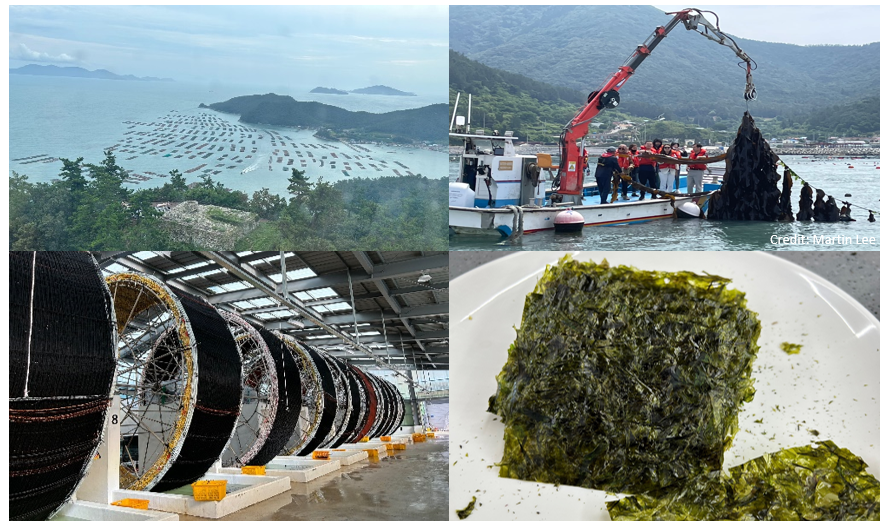
© Vivek Prasad

Wednesday, February 14, 6:00-7:30 a.m. (Washington, D.C. time),
8:00-9:30 p.m. (Korean time)
RSVP and Save to Calendar
Webinar registration
(For External Participants)
*External participants can join directly on the zoom link below at the time of the event
https://worldbankgroup.zoom.us/j/97024190241?pwd=Z2kwT3RkTk9HaWNjZy96aSs3amt5Zz09
Meeting ID: 970 2419 0241
Passcode: kSEkHt*ZL1
The Republic of Korea is a powerful leader at the forefront of global seaweed production especially food grade seaweed, providing a model for other governments seeking to expand into the sector.
South Korea’s exports of seaweed food products accounts for 70.6% of the global market size estimated at USD 918 million. Last year, the country exported USD 770 million worth of seaweed products to 124 nations, including the United States, Japan, China and Thailand.
The huge success of seaweed aquabusiness in the Republic of Korea can be attributed to the country's distinctive approach to competitive strategies implemented throughout the value chain encompassing species selection, hatchery processes, growth phases, harvesting and processing.
Notably, a range of institutions collaborate to develop policies, establish research and development initiatives, undertake sector promotion, and pollinate jurisdictional implementation at the provincial and county level. The development of highly advanced seaweed cultivation technologies has contributed significantly to sectoral expansion.
For example, Korea Maritime Institute (KMI) and Wando County in the province of South Jeolla are fostering a roadmap designed to support a resilient and sustainable future in Korea. In particular, Wando County, which accounts for half of Korea’s seaweed production, has established highly advanced strategies to boost seaweed-coastal communities.
These innovations offer an example to countries with substantial coastal areas facing barriers to potentially lucrative seaweed sector expansion to meet growing demand.
Overall, the global seaweed market is expected to record a compound annual growth rate (CAGR) of 9% from 2021 to 2028 to reach USD 23.2 billion by 2028.
In this context, the World Bank Group AquaInvest Platform, funded by the PROBLUE Multi-Donor Trust Fund and Korea-World Bank Group Partnership Facility (KWPF) is organizing a webinar. Republic of Korea seaweed experts will share insights into how they have positioned the country as one of the top seaweed producers in the world.
AGENDA
Chair /Moderator
Harrison Charo Karisa, Senior Fisheries Specialist (Aquaculture), Environment, Natural Resources & Blue Economy Global Practice, The World Bank
Opening remarks
Valerie Hickey, Global Director, Environment, Natural Resources & Blue Economy Global Practice, The World Bank
Alexandra Pugachevsky, Program Manager, Korea-World Bank Group Partnership Facility (KWPF)
Presentations
“AquaInvest Platform and KWPF seaweed grant”
Christopher Ian Brett, Lead Agribusiness Specialist, Agriculture & Food Global Practice, The World Bank
Focus on Korea seaweed policy
Heon-ju Jo, Director, Fisheries Management and Resource Research Division, Korea Maritime Institute (KMI)
Seaweed production technology and governance in Wando County
Hee Sung CHO, Fisheries Management and Distribution Processing Team, Wando County, South Korea
Question and Answer
Harrison Charo Karisa, Senior Fisheries Specialist (Aquaculture), Environment, Natural Resources & Blue Economy Global Practice, The World Bank
Closing Remarks
Christian Peter, Practice Manager, Environment, Natural Resources & Blue Economy, The World Bank
SPEAKERS' BIOS:
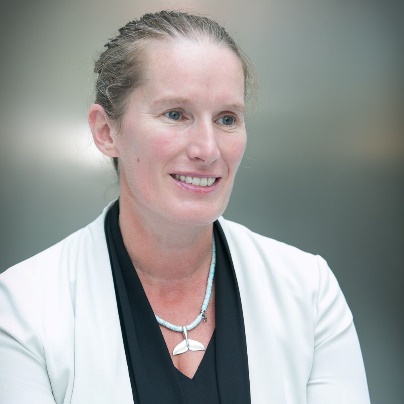
Dr. Valerie Hickey is the Global Director of Environment, Natural Resources and the Blue Economy (ENB) at the World Bank. Previously, as the manager for Advisory and Operations in the Climate Change Group, Valerie oversaw the implementation of the World Bank’s commitments on climate change, climate mainstreaming and climate finance. Before that, she was the Practice Manager for ENB in Latin America and the Caribbean where she managed a cross-sectoral team that supported countries and communities on issues related to climate change, sustainable forest management, integrated conservation and development, integrated coastal zone management, fisheries, pollution management and environmental health, environmental economics and environmental risk management. Valerie holds a Ph.D. in Environmental Science and Policy from Duke University.
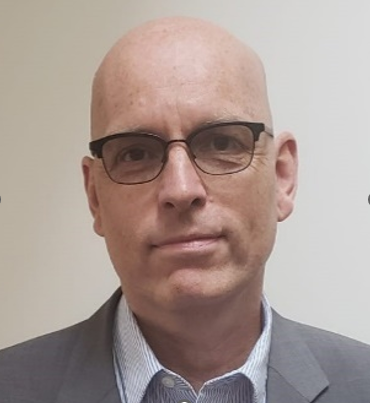
Christian Peter is the Practice Manager for the Environment, Natural Resources and Blue Economy`s Global Platform Unit at the World Bank. He has 30 years of experience working on environment, conservation and the management of natural resources. Since joining the World Bank in 1998 he held various headquarter and field-based operational positions as Environmental and Natural Resources Management Specialist in the Africa, Latin America and Caribbean as well as East Asia and the Pacific Regions. Christian holds a MSc in Forest Science and Management from the Georg-August University Göttingen/Germany.
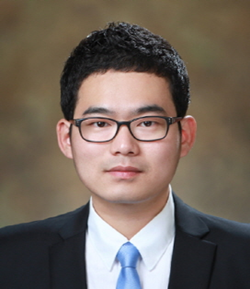
Heon-ju Jo has extensive experience in the fisheries, starting his career as a researcher at the Korea Institute for Industrial Economics & Trade and later contributing to the National Institute of Fisheries Science, specifically in the Distant Water Fisheries Resources Division. He now serves as the Director Senior Researcher in the Fisheries Management and Resource Research Division at KMI.
The Korea Maritime Institute (KMI) is a government funded research institute contributing to the formulation of national policies in maritime and fisheries affairs to boost national economy. Their main initiatives include the promotion of public welfare through research and development. It encompasses ocean economy strategy, marine, fisheries, maritime policy research, logistics and maritime industry, and more.
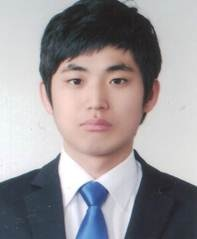
Hee-sung Jo is affiliated with Wando County Office, working within the Fisheries Management and Processing Team.
Wando County, known for its 265 islands and Rias-style coastline, is also famed for thriving seaweed sectors. The nutrient-rich environment, with granite and limestone, supports over 2,200 marine species, contributing to the growth of seaweed production, therapy, and more. The County is not only famous for enhancing the local ecosystem but also well boosts coastal communities through sustainable practices.
Hee-sung Jo's duties involve certifying eco-friendly seafood and ensuring the safety of seafood products.
His contributions play a crucial role in promoting sustainable fisheries. His research and expertise fields include overseeing labeling and enforcement, managing seafood source distribution centers, and providing consultation and support for ASC certification.
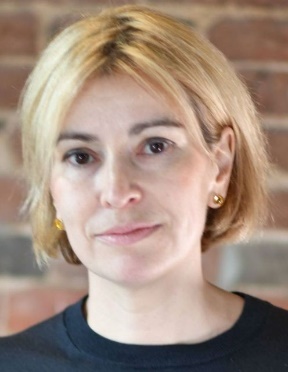
Alexandra Pugachevsky (Sasha) is Korea World Bank Partnership Facility (KWPF) Program Manager. She joined the KWPF team in August 2022. She was previously Country Program Coordinator for the Gulf Cooperation Council countries, managing one of the largest Reimbursable Advisory Services portfolios in the Bank and leading dialogue with the GCC countries counterparts (Bahrain, Kuwait, Oman, Qatar, Saudi Arabia, and the UAE). Prior to that, Sasha worked in the Vice President’s office of the Middle East and North Africa region and the Country Management Unit for West Bank and Gaza. Sasha started her career at the World Bank over twenty years ago in the Oil, Gas, and Mining department, covering operations in Francophone and Anglophone Africa, Central Asia, and Yemen. Sasha regularly facilitates the Fundamental of Bank Operations and Investment Project Financing core curriculum courses. She holds a Master’s from Georgetown University and a BA from the University of Pennsylvania.
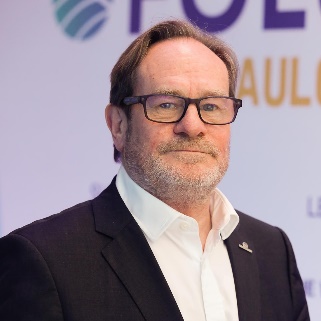
Chris Brett was appointed as the Lead Agribusiness Specialist with the World Bank in November 2016 and joined the Agriculture and Food Global Agricultural Practice, based in Washington DC. He has a master’s degree in management for Agricultural Development from Cranfield University in the United Kingdom. He has more than thirty years’ experience of working within the public private and voluntary sectors in Africa, Asia, and Latin America.
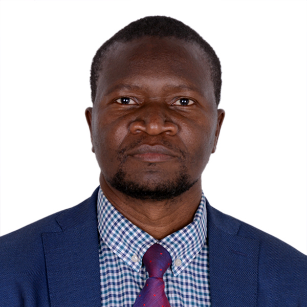
Dr Harrison Charo Karisa is a Senior Fisheries Specialist (Aquaculture) at the World Bank Group. Currently engaged in global efforts of the Aquabusiness Investment Advisory Platform to support governments and private sector to assist aquaculture development, strengthen livelihoods, and enhance food and nutrition security. He Holds a PhD in Animal Sciences (Fish Breeding, Genetics and Aquaculture) from Wageningen University of Life Sciences, in the Netherlands and an MSc in Biodiversity from Swedish Agricultural University, Sweden.
This webinar is part of the AquaInvest Platform supported by PROBLUE and KWPF, which offers World Bank Group staff and external experts the opportunity to learn about blue economy tools and activities. PROBLUE is the World Bank’s blue economy program that supports a sustainable and integrated development of marine and coastal resources in healthy oceans.
For any questions about the event please contact: aquainvest@worldbank.org or vprasad@worldbank.org